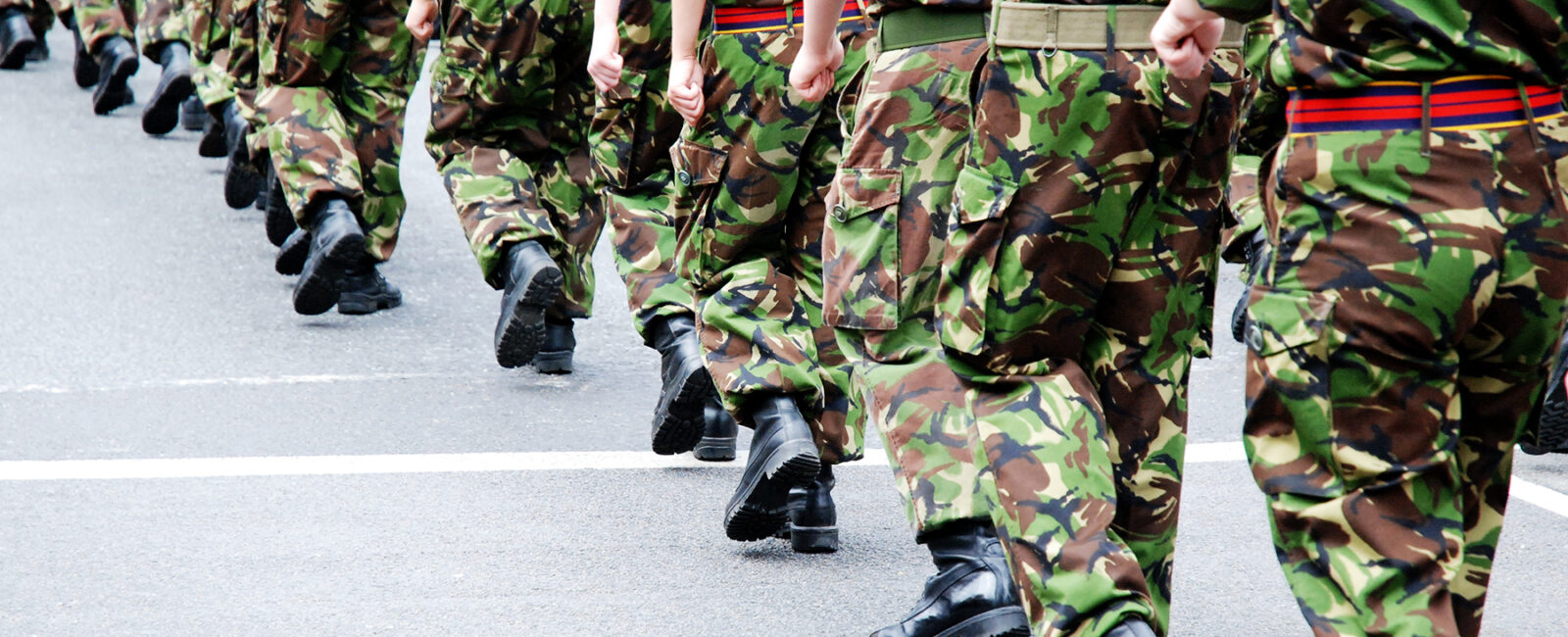- The term Veteran, as defined by the UK Government, applies to anyone who has served for at least a day in HM Armed Forces, whether as a regular or as a reservist.
- Most British military personnel do not experience mental health problems while they are in service or when they transition into civilian life.
- Rates of mental illness amongst UK ex-Service personnel are generally lower than that of the wider population: one in five compared to one in four in the general population.
- The most common mental health problems for ex-Service personnel are alcohol problems, depression and anxiety disorder.
- PTSD rates in ex-Service personnel have often been cited in the media as being higher than those in the general population. However, a study of 10,000 ex-Service personnel conducted by the King’s Centre for Military Health Research (KCMHR) found that PTSD rates were low among British forces, with a prevalence rate of 4% in deployed personnel and 6% in combat troops.
- Lord Ashcroft’s Review in 2014 of Veterans Transition found that ex-Service personnel as a group are no more likely to take their own lives than the general population.
- There is evidence of increased levels of alcohol misuse in Regulars post deployment than those who have not been deployed, this is especially apparent in those in combat roles.
- A recent study found that whilst stigma around mental health is highlighted as a concern by all veterans, this did not translate to a significant impact on help seeking, with only a small number of veterans stressing stigma as a barrier that had blocked the from seeking care.
- Another recent study found that UK ex-Service Personnel are no more likely than non-veterans to experience gambling problems but further research in this area is needed.
- Exposure to combat and post deployment mental health problems have been found to be risk factors for violence both inside and outside the family environment.



